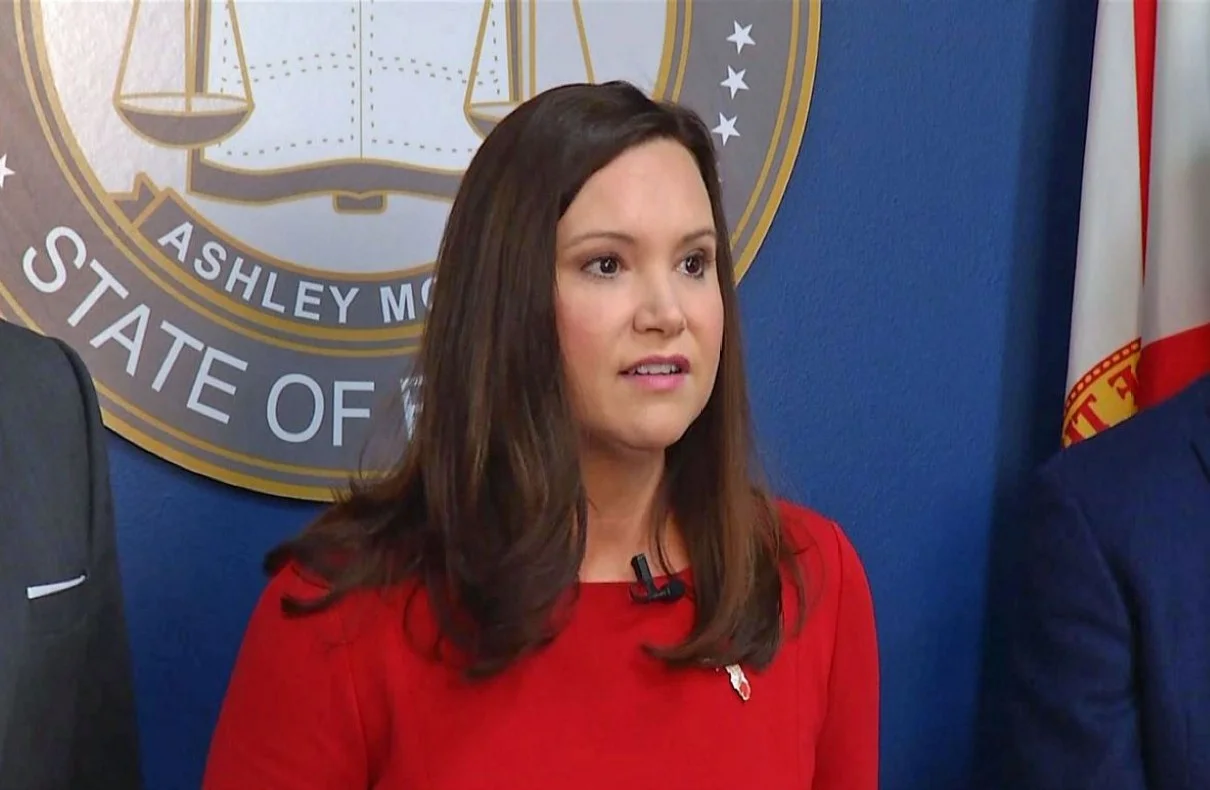Abortion rights have long been a contentious issue in the United States, and the state of Florida is no exception. Recently, the Florida Supreme Court heard arguments about a proposed ballot measure that seeks to enshrine abortion rights in the state constitution.
The proposed ballot measure aims to add an amendment to the Florida state constitution that would protect the right to abortion. The amendment states that “no law shall prohibit, penalize, delay, or restrict abortion before viability.” Advocates argue that this amendment is necessary to safeguard reproductive rights and ensure that individuals have control over their own bodies.
Florida Attorney General Ashley Moody, along with other opponents of the amendment, have raised concerns about its language and potential implications. They argue that the use of the term “viability” is ambiguous and could lead to different interpretations. State attorneys claim that this ambiguity could create confusion and potentially undermine existing regulations on abortion.
Florida Decision to Suspend the “Fetal Personhood” Bill: A Closer Look
Supporters of the amendment, represented by Courtney Brewer, a Florida State University professor, counter these arguments by asserting that voters understand the amendment’s intent and implications. They argue that if an individual opposes the amendment, they have the right to vote against it. Furthermore, they emphasize that allowing voters to decide on amending the state constitution aligns with the principles of democracy and the Supreme Court’s ruling in Roe v. Wade.
During the arguments, the Florida Supreme Court justices weighed the merits of both sides’ positions. Justice John Couriel emphasized that their role was not to determine whether the amendment was good or bad, but rather to assess whether it was clearly written or potentially misleading. Chief Justice Carlos Muñiz likened the amendment to “a wolf that comes as a wolf,” suggesting that voters have the ability to discern its implications and make informed decisions.
One key factor that the court will consider is the clarity of the amendment’s language. The justices will assess whether the use of the term “viability” is sufficiently clear to avoid misinterpretation. They will also evaluate whether the amendment provides adequate guidance for lawmakers and the public regarding the regulation of abortion in the state.
The Florida Supreme Court’s decision on this abortion ballot measure could have significant implications for reproductive rights in the state. If the court approves the amendment, it will proceed to the ballot, where it will require the support of at least 60% of voters to be added to the state constitution. Such an outcome would strengthen the legal protections for abortion rights in Florida.
On the other hand, if the court rejects the amendment, it will not appear on the ballot, and the current regulations on abortion in the state will remain in place. This could lead to continued debates and potential future attempts to enact similar amendments or legislation.
Florida Social Media Ban on Children: What You Need to Know
In recent years, ballot measures related to abortion have become an increasingly common strategy employed by both sides of the abortion debate. These measures allow voters to directly influence the legal landscape surrounding abortion in their respective states.
Multiple Republican-led states have proposed and enacted measures aimed at increasing restrictions on abortion. However, studies have shown that in states where abortion ballot measures have been put to a vote, voters have consistently chosen to expand rather than restrict access to abortion services.
